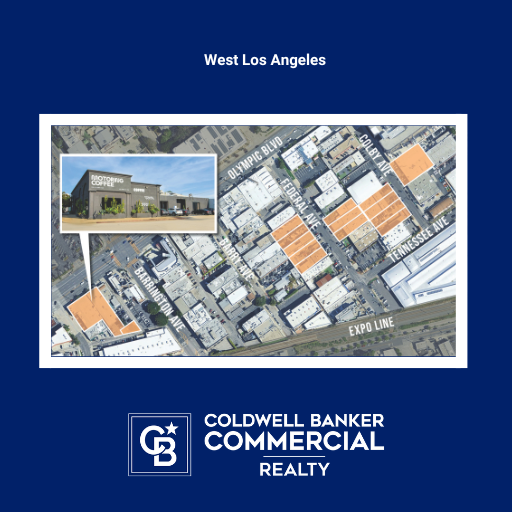Increased International Capital Inspires CRE Growth

The last couple of years have seen growing participation in the U.S. commercial market by international investors. This can be attributed in part to the relative strength of the U.S economy, and the transparency of transactions here. Foreign investors, including sovereign funds, which have large amounts of capital to park in a safe place, are attracted by low interest rates and favorable spreads. Capital preservation and higher yields are the main draw for international buyers to the U.S. market.
Twenty percent of the deals made on CRE in the U.S. currently involve foreign capital. The heaviest investment comes from Canada, which in 2015 was the source of around $28 billion in CRE investment capital. Singapore is also a significant player, injecting around $23 billion last year.
Other countries with heavy participation in the U.S. commercial market include China, with a stake of just over $10 billion last year, Norway ($8 billion), and the United Arab Emirates ($6 billion). According to Real Capital Analytics, these countries round out the top 10: Qatar, Germany, South Korea, Switzerland, and Australia.
Many sources predict that Chinese investment in the U.S. real estate market will become even more active in the coming years. Forbes cites the Asia Society’s estimate that “Chinese direct investment into existing U.S. commercial and residential real estate, excluding new development projects, could total at $218 billion from 2016 to 2020. After 2020, Chinese investment in U.S. real estate could accelerate due to a widening pool of Chinese investors looking to take money out of China.”
Favorable Policy Helps
A lot of this activity has come in response to changes in U.S. tax policy as it relates to foreign investment. Recent changes to FIRPTA (Foreign Investment in Real Property Tax Act) that have helped ease the tax burden on foreign investors in the U.S. Many changes to the law are laid out in the REI (Real Estate Investment) and JOBS (Jumpstart Our Business Startups) Act, finalized last year.
These changes decrease the tax burden on buyers of U.S. real estate, increasing the amount of property that foreign buyers can acquire without added tax. The changes help to decrease the formerly sizable transaction costs involved as well. Supporters say that it will encourage even more foreign investment in the coming years, which in turn will “jumpstart credit markets, fund infrastructure projects, and create jobs and economic opportunities.”
This development, along with other favorable policies, including the EB5 Program, which encourages foreign investment by awarding a green card to qualified investors, is part of what’s driving the high level of international investment in U.S. real estate.
Major Deals of Note
International investors are making their presence felt in markets all over the U.S., but it’s most obvious in major urban centers like New York, Boston, Los Angeles, and Washington. Here are some examples of large deals that have been completed or are underway.
The Abu Dhabi Investment Authority (ADIA) has partnered with the Related Companies and Singapore’s sovereign wealth fund to purchase the 1.1-million-square-foot office condo at the Time Warner Center. The fund also purchased 2 hotel properties in 2015: the New York Edition Hotel and the London NYC.
The Qatari sovereign fund recently announced the opening of an office in New York, and plans to spend $35 billion on New York real estate in the next 5 years. It recently bought a 44% stake in Brookfield’s Manhattan West project. This $8.6 billion mixed-use project, slated for completion in 2019, will comprise 5 buildings with 7 million square feet of space.
A Trusted Guide in Commercial Real Estate
Coldwell Banker Commercial® provides Commercial Real Estate Services from Property Sales and Leases, to Property Management. Learn how our expansive network of Independently Owned and Operated Affiliates and Real Estate Professionals use their in-depth knowledge of the local market and industry trends to help businesses and investors navigate the complexities of the commercial real estate landscape.






